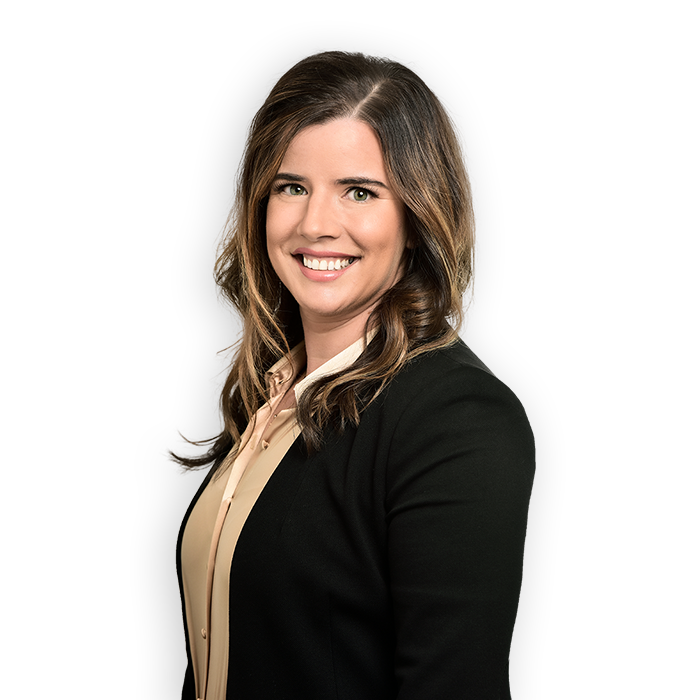A package of behavioral health reforms have worked their way through the California legislature and to the Governor’s desk this year. Although these reforms largely impact counties as significant providers of, and payors for, behavioral health care services, they will also impact all providers that see and treat individuals experiencing behavioral health issues. The following is a brief overview of some of the most significant behavioral health bills to be signed into law by Governor Newsom this legislative cycle. First, Senate Bill (“SB”) 43 broadens the definition of eligibility for involuntary detention or conservatorship under the Lanterman-Petris-Short (“LPS”) Act. Under the LPS Act currently, individuals who are, as a result of a mental health disorder, gravely disabled may be eligible for involuntary commitment and treatment and ultimately a conservatorship. Current law describes “gravely disabled” to mean a condition that, as a result of a mental health disorder, makes a person unable to provide for basic personal needs for food, clothing, or shelter. SB 43 expands “gravely disabled” to (1) include conditions resulting from a “severe substance use disorder, or a co-occurring mental health disorder and a severe substance use disorder,” and (as current law provides) not resulting solely from a mental health disorder; and, (2) include not only such resulting conditions in which a person is unable to provide for their basic personal needs for food, clothing and shelter, but also conditions in which a person is unable to provide for their personal safety or necessary medical care. The law will go into effect January 1, 2024, but counties may defer implementation until January 1, 2026. Second, SB 326 would make significant changes to California’s Mental Health Services Act (“MHSA”), which primarily allocates funding to counties to provide for community services and supports, prevention services, and early intervention services. The Governor signed SB 326 into law, but it must also go before voters in March 2024 as a joint ballot measure with Assembly Bill (“AB”) 531. Among other changes, under SB 326, the MHSA would become the Behavioral Health Services Act (“BHSA”) and expand to include substance use disorder (“SUD”) treatment. Distribution of funds would also change by requiring counties to allocate 35% of funding to “full service partnership” services, 30% to housing services, and 35% to behavioral health services and supports. (The behavioral health services and supports category includes workforce education and training initiatives to improve workforce recruitment and retention.) The legislation is intended to prioritize funding for services used by people with significant behavioral health needs, including individuals experiencing homelessness. Notably, SB 326 does not make new funding available for SUD services. The reform also comes with new reporting requirements to both the Department of Health Care Services (“DHCS”) and the Behavioral Health Services Oversight and Accountability Commission. SB 326’s provisions would become effective in 2025, with implementation continuing over several years. Third, AB 531 is a $6.38 billion bond measure that would support construction of capital projects, including permanent supportive housing, short-term crisis stabilization, acute and subacute care facilities, residential facilities (such as crisis residential and peer respite), and outpatient facilities for behavioral health services. As noted above, the Governor signed AB 531 into law, but it must also go before voters in March 2024 as a joint ballot measure with SB 326. Under AB 531, guidance regarding implementation would be issued by July 1, 2025. The reforms in SB 326 and AB 531 are separate from, but coincide with, implementation of other behavioral health reforms through California’s CalAIM Medi-Cal waiver and the Community Assistance, Recovery and Empowerment (“CARE”) Court initiative. Fourth, AB 118 requires, among other things, that, in general, all outpatient SUD treatment programs offering treatment, recovery, detoxification, or medication for addiction treatment (“MAT”)[1] services obtain DHCS certification. Previously, such facilities obtained certification voluntarily. To facilitate DHCS certification, DHCS released a draft Behavioral Health Information Notice (“BHIN”) 23-XXX, which outlines key provisions for certification of alcohol and other drug programs, including noting exemptions and identifying forms required for certification. (DHCS is accepting comments and input on this draft BHIN until November 6, 2023.) Last, AB 1412 removes borderline personality disorder as an exclusion from the Pretrial Prison Diversion program, allowing individuals with borderline personality disorder to be eligible for pretrial diversion if other criteria are met, including that the individual’s mental disorder “was a significant factor in the commission of the charged offense.” [1] Although not a new bill passed this year, DHCS recently issued further detail on SB 184 (see BHIN 23-054), a bill related to MAT treatment that passed in 2022. SB 184 requires licensed and/or certified SUD recovery or treatment facilities to implement and maintain a MAT policy approved by DHCS. For further information or questions, please contact Alicia Macklin or Linda Randlett Kollar in Los Angeles, Erin Sclar in San Francisco, or any member of our Hooper, Lundy & Bookman team.Changes to California’s Behavioral Health Care System: Expansion of Eligibility for Conservatorship or Involuntary Care; Funding and Capital Projects; SUD Treatment

Professional

